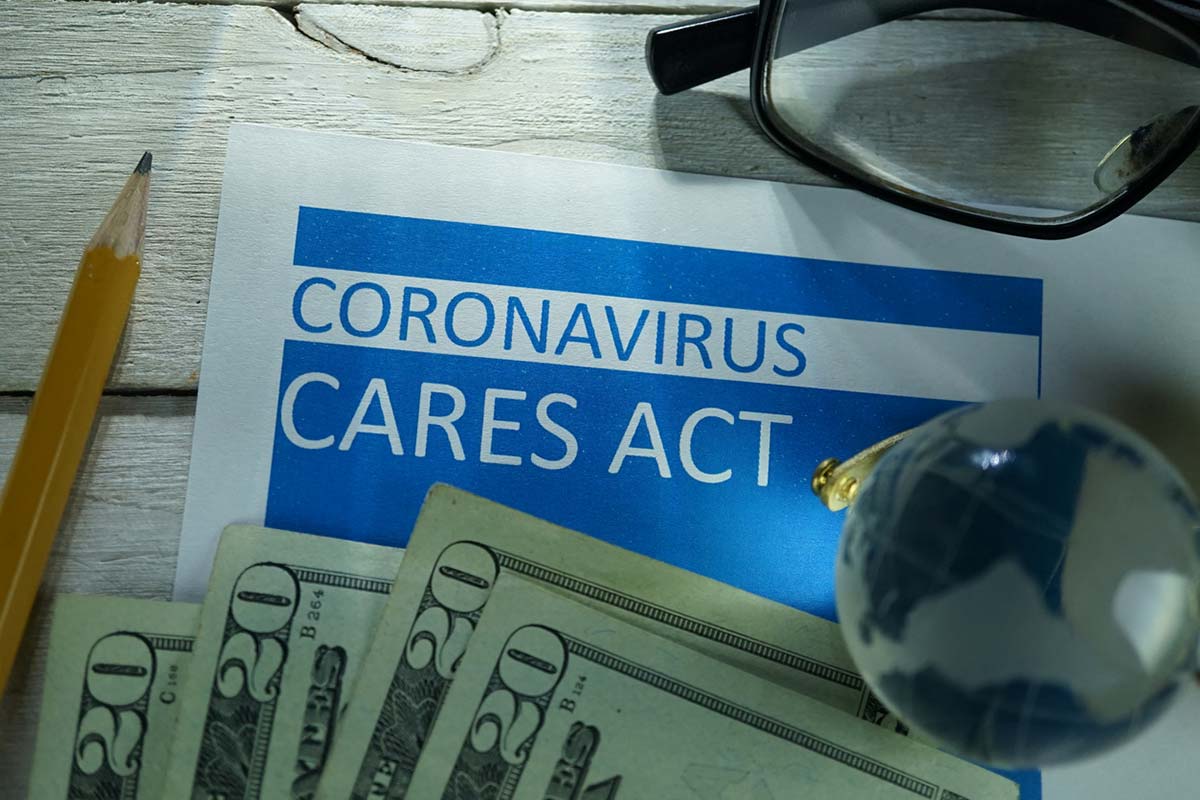As Wis Laughlin, Of Counsel lawyer with the Crone Law Firm, breaks down the tax and business implications of the CARES Act. He is releasing tidbits for consumption. Normally, tax law puts me to sleep, but these days I find it compelling. Perhaps you will too.
The IRS postponed to July 15, 2020 the due date for both filing a return and for making income tax payments due April 15, 2020. The postponement is automatic; no Form 4868 or Form 7004 is required. In addition, the deadline for making contributions to an IRA, or for an employer to make contributions to its workplace-based retirement plan on account of 2019, is extended to July 15, 2020. Notice 2020-18.
Tax-free employer payments of student loans
An employer may contribute up to $5,250 annually toward an employee’s student loans, and the payment will be excluded from the employee’s income. The $5,250 cap applies as well to other educational assistance (e.g., tuition, fees, books) provided by the employer under current law. The provision applies to student loan payments after date of enactment and before January 1, 2021.
Other provisions affecting individuals
Student loan payments can be deferred for six months. Unemployment insurance would be enhanced by $600 weekly for four months. This article goes into further detail on the Unemployment Benefits Package blog post.
Business Provisions
Credit for employers subject to closure
The provision provides a refundable payroll tax credit equal to 50 percent of certain wages paid to employees. Employers qualify if (1) operations were fully or partially suspended under a COVID-19-related shut-down order or (2) gross receipts declined by more than 50 percent compared to the same quarter in the prior year.
For employers with greater than 100 full-time employees, qualified wages are wages paid to employees when they are not providing services due to the above COVID-19-related circumstances. For employers with 100 or fewer full-time employees, all employee wages qualify, whether or the employer is open for business or subject to a shutdown order. Qualified wages are limited to the first $10,000 of compensation, including health benefits, paid to an eligible employee. The credit applies to wages paid or incurred from March 13, 2020 through December 31, 2020.
Delay of payment of employer payroll taxes
This provision allows employers and self-employed individuals to defer payment of the employer share of the Social Security tax payable with respect to their employees. Employers generally are responsible for paying a 6.2-percent Social Security tax on employee wages. The deferred tax must be paid over the following two years, half by December 31, 2021 and the other half by December 31, 2022. For self-employed individuals a corresponding amount of the self-employment tax will not be subject to the estimated tax penalty. This provision applies to such taxes due for the period beginning on the date of enactment of the CARES Act and ending before January 1, 2021.


